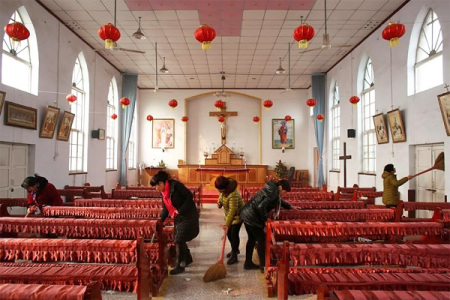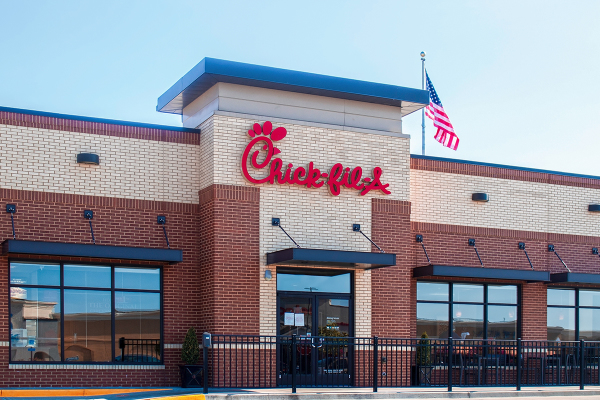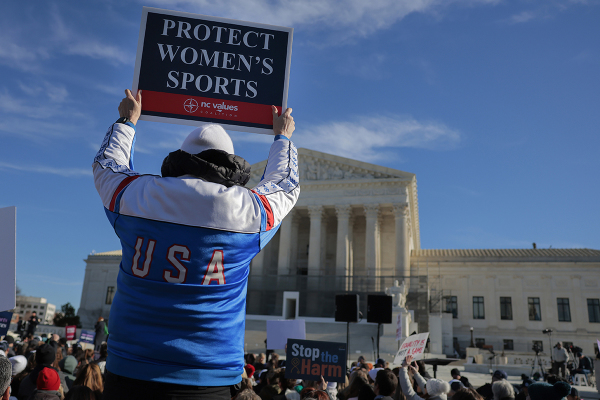Chinese Catholics forced to cancel summer camps, disguise Bible classes to avoid crackdown

Authorities in Mainland China are continuing to make it harder for children to be nurtured in their faith by reportedly prohibiting Catholic churches from running summer camps and other programming.
According to the Union of Catholic Asia News, dioceses in China have received warnings about a prohibition instituted on summer camps by the communist government in recent years. As a result, some churches have been forced to cancel all related activities.
The reported ban on summer camps comes as reports indicated in recent years that new regulations barred minors from entering churches in several regions of the country. It was also said that church leaders were asked to put up signs telling kids they may not enter houses of worship or church premises.
According to the news agency, a Chinese diocese had organized two summer camps in northern China this summer. However, only one of them was held successfully, while the other was canceled.
A source with the diocese told ucanews.com that the one camp was successfully held because it was not promoted publicly by the diocese or parishes. The second camp, however, was openly promoted and canceled by the government.
The source, named only as "John" in the report, explained that there was no government opposition when camps were organized privately.
“It’s alright if the camp is held privately but once it goes public, it isn’t allowed," John was quoted as saying. "It must take place in secret."
John also stated that some dioceses in northern China do not promote their camps as serving an educational purpose. Rather, the churches promote the activities as childcare for parents who are unable to take their kids to work with them.
According to John, the government does not allow churches to organize events or activities that are labeled as educational.
“Even if they apply according to their (government) rules, they wouldn’t be approved," John claimed.
A source from another diocese in northern China told ucanews.com that a summer class that was scheduled to be hosted at a big parish in the area had to be moved to a location in a rural village out of fear of government retaliation.
Even in southern China, leaders have been forced to cancel planned events.
A lay Catholic leader who spoke with ucanews.com explained that a businessman who organizes a class every year for students at his local office canceled this year's class because of the current "atmosphere" and fear of "repercussions on his business."
“I also applied for my kid, but the businessperson later said that ‘because the recent atmosphere has become worse,’ it had to be canceled,” the layperson explained.
China ranks as the 27th worst nation in the world when it comes to Christian persecution, according to Open Doors USA's 2019 World Watch List.
Open Doors USA notes in a factsheet that management of religious affairs lies with the Communist Party in China. Since the party instituted new regulations on religion, treatment of varying religious groups has become "much harsher across the country."
In 2018, the Chinese government reached a deal with the Vatican to recognize government-appointed bishops and depose prominent Christian leaders. The deal was criticized by religious freedom advocates as a "betrayal" of millions of Christians suffering persecution in China.
In June, it was reported that the communist government was forcing state-sanctioned churches to replace the singing of traditional hymns with songs that praise the communist regime.
Over the last several years, several Chinese underground house churches have been closed and many believers have been arrested.
China's crackdown on religion also impacts Falun Gong practitioners, Tibetan Buddhists, Uighur Muslims, and other religious minority communities in China.
An issue raised heavily by international advocates currently is China's detainment of an estimated 1 million to 3 million Uighur and Kazakh Muslims in Western China. While the China government has claimed these camps to be education centers, the U.S. has labeled these facilities as "concentration camps."
China has for years been listed by the U.S. State Department as a "country of particular concern" for religious freedom violations.
The Trump administration has regularly called out China for its religious freedom abuses. A handful of Chinese victims of persecution shared their experiences at last month's State Department Ministerial to Advance Religious Freedom.
Last week, Vice President Mike Pence met with an interfaith coalition of religious freedom advocates who called for the U.S. to take more concrete actions to hold China accountable for its religious freedom violations.
Follow Samuel Smith on Twitter: @IamSamSmith
or Facebook: SamuelSmithCP





















